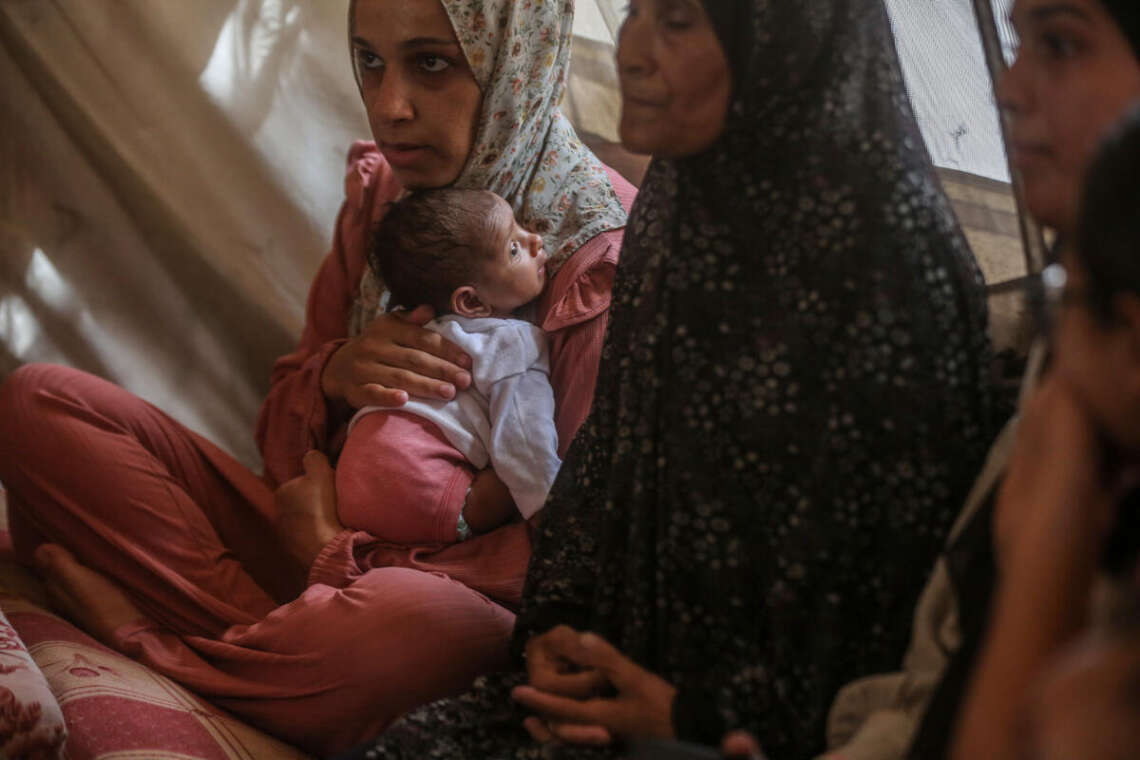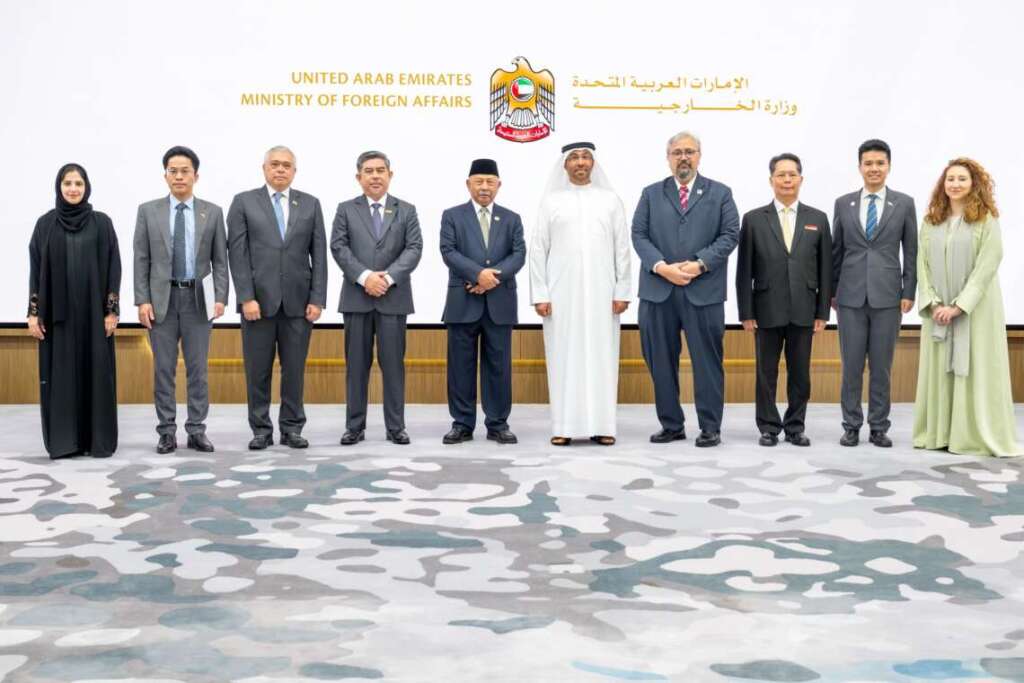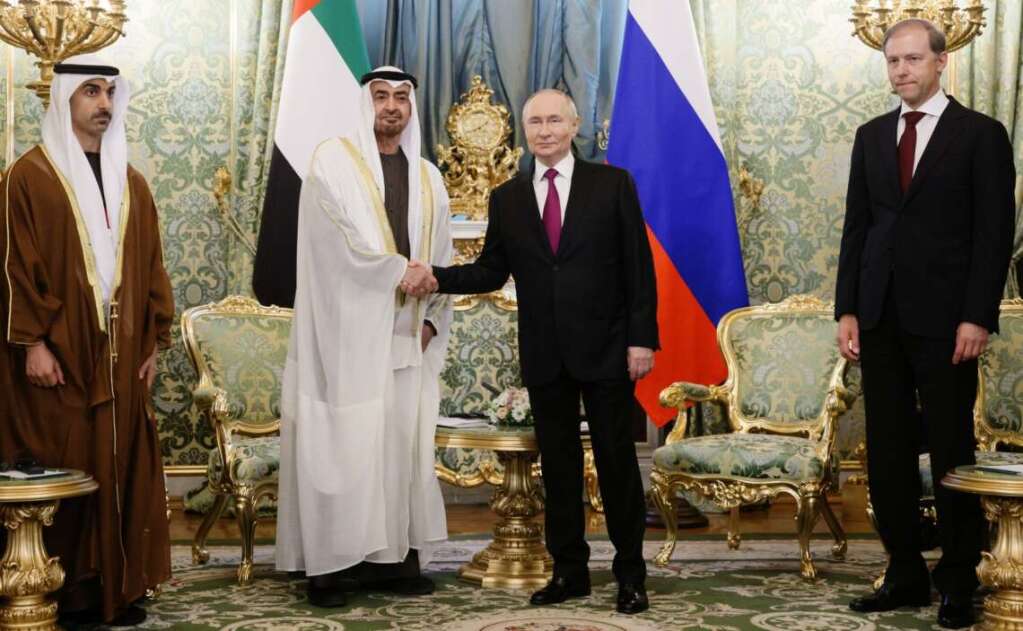UN warns Gaza faces catastrophic levels of hunger, with starvation and malnutrition surging as conflict blocks aid, pushing thousands to the brink of death.
The United Nations has issued an urgent warning about the deepening humanitarian catastrophe in the Gaza Strip, where escalating hunger and malnutrition are pushing the population to the brink of famine. Speaking at a media briefing on Thursday, Farhan Haq, Deputy Spokesperson for the UN Secretary-General, said the spread of severe hunger has had a “devastating impact” on living conditions across the enclave.
Hospitals, already overwhelmed, are now operating far beyond their maximum capacity, with patients lying on floors and, in some cases, in the streets due to a critical shortage of beds, medical supplies, and life-saving equipment. Haq warned that without immediate fuel deliveries into Gaza, essential medical services could collapse entirely.
“The situation has surpassed catastrophic levels,” he said, highlighting that more civilians are being killed and injured — whether along aid convoy routes or in their own homes.
Immediate action needed
In a separate statement, UN human rights experts called on Israel to urgently restore unimpeded access for impartial humanitarian organisations, including the United Nations Relief and Works Agency (UNRWA) and the UN Office for the Coordination of Humanitarian Affairs (OCHA). They stressed that restoring the UN humanitarian system in Gaza is vital to preventing mass starvation and further suffering.
“Over 500,000 people — one quarter of Gaza’s population — are facing famine, and the rest are enduring emergency levels of hunger,” the experts warned. “All 320,000 children under five are at risk of acute malnutrition, with potentially irreversible physical and mental health consequences.”
The experts condemned the disruption of established aid delivery mechanisms, saying Israel’s reliance on militarised, privatised aid operations had failed. They pointed to the deaths of nearly 1,400 people seeking food under such systems as evidence of their inefficiency and danger.
“Starvation has been used as a weapon of war,” they said, calling the practice a crime under international law. “All States must act decisively to end this destruction of life-sustaining conditions in Gaza.”
UAE expands relief ops
Amid the worsening crisis, the United Arab Emirates continues to play a leading role in delivering humanitarian relief to Gaza. Under its “Birds of Goodness” initiative, part of Operation Chivalrous Knight 3, the UAE conducted its 65th airdrop of aid on Thursday. The mission, carried out in coordination with the Hashemite Kingdom of Jordan and with support from Germany and Belgium, delivered essential food items and emergency supplies to hard-to-reach areas.
With this latest mission, the UAE has now airdropped more than 3,862 tonnes of aid to vulnerable communities in the most affected parts of Gaza.
Alongside its air operations, the UAE also expanded ground deliveries. On Thursday, 21 trucks carrying over 500 tonnes of food supplies crossed into Gaza, reflecting the country’s commitment to multi-channel aid delivery — by air, land, and sea.
The UAE government reaffirmed its determination to coordinate closely with regional and international partners to ensure sustained support for civilians trapped in the crisis. Officials stressed that these efforts are grounded in the nation’s long-standing humanitarian principles and its reputation as a global leader in relief operations.
A race against time
The UN has repeatedly stressed that the coming weeks will be critical in averting mass starvation in Gaza. With access routes under threat, fuel reserves dwindling, and hospitals on the verge of collapse, humanitarian agencies warn that decisive international action is urgently needed.
For now, aid convoys, airdrops, and calls for unimpeded humanitarian access remain the only lifeline for hundreds of thousands of civilians enduring what UN officials describe as “one of the gravest humanitarian emergencies in recent history.”








